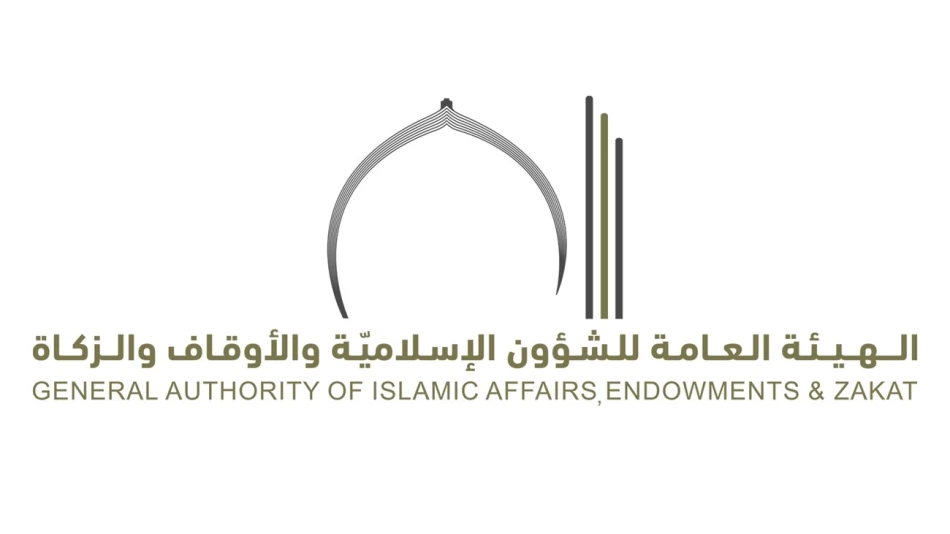
Islamic Affairs and Endowments Ministry Launches 'Patients' Initiative to Support Medical Needs
UAE Religious Authority Channels $570,000 in Zakat Funds to Support 60 Cancer Patients
The UAE's General Authority of Islamic Affairs, Endowments and Zakat has allocated approximately 2.1 million dirhams ($570,000) from religious charitable funds to provide critical medical support for 60 cancer patients through a partnership with Tawam Hospital. The initiative represents a strategic use of zakat—one of Islam's five pillars requiring Muslims to donate a portion of their wealth—to address urgent healthcare needs among the most vulnerable populations.
Targeting Critical Cases Through Religious Charitable Framework
The "Patients Project" specifically focused on severe and urgent cases requiring immediate medical intervention, according to the Authority's statement. By channeling funds through the zakat category designated for the poor and needy, the program demonstrates how traditional Islamic financing mechanisms can address modern healthcare challenges.
The 2,092,354 dirham allocation reflects a substantial commitment to cancer care, particularly significant given the high costs associated with oncology treatment in the region. Cancer treatment expenses can easily reach hundreds of thousands of dirhams per patient, making this intervention potentially life-saving for recipients who might otherwise lack access to critical care.
Strategic Integration of Religious and Medical Institutions
The collaboration with Tawam Hospital—one of the UAE's leading medical facilities—highlights the government's approach to leveraging both religious institutions and healthcare infrastructure. This model creates a direct pipeline from charitable collections to medical services, potentially offering greater efficiency than traditional welfare distribution methods.
Broader Context of UAE's Social Welfare Evolution
This initiative aligns with the UAE's broader strategy of modernizing traditional Islamic institutions while maintaining religious authenticity. The country has increasingly positioned itself as a leader in innovative Islamic finance and charitable giving, competing with regional hubs like Malaysia and Bahrain for leadership in the sector.
The focus on cancer care is particularly strategic, as the UAE faces rising cancer incidence rates alongside its aging population and lifestyle changes. By addressing this through religious charitable frameworks, the Authority demonstrates how traditional Islamic institutions can complement state healthcare systems.
Implications for Islamic Charitable Sector
The program's emphasis on measurable impact—specifically citing patient numbers and exact financial allocations—reflects growing demands for transparency and accountability in charitable giving. This approach mirrors trends in global philanthropy, where donors increasingly expect detailed reporting on fund utilization and outcomes.
For the broader Islamic finance sector, such initiatives showcase practical applications of religious principles in addressing contemporary social challenges. This could influence similar programs across the Gulf region, where governments are seeking innovative approaches to healthcare financing amid rising medical costs and demographic pressures.
Most Viewed News

 Sara Khaled
Sara Khaled






